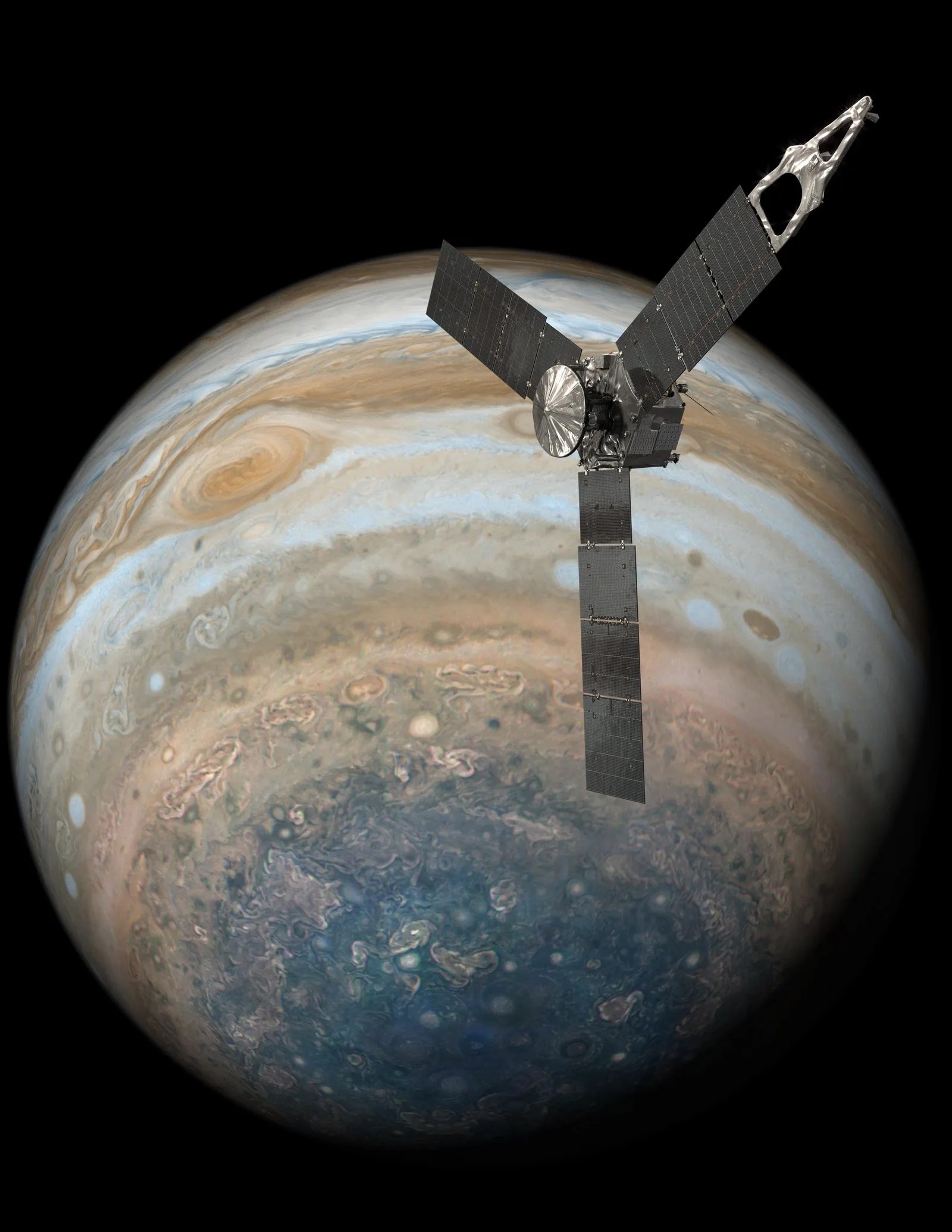2 min read
Clarification of A.32 New (Early Career) Investigator Program in Earth Science
SMD has clarified the recently released ROSES-20 program element A.32 The New (Early Career) Investigator Program (NIP) in Earth Science regarding eligibility to make it clear that individuals such as NASA Postdoctoral fellows who may not be considered "employed" are nevertheless eligible to be PIs on proposals to this program element.
A.32 NIP supports outstanding scientific research and career development of scientists and engineers at the early stage of their professional careers. The program welcomes innovative research initiatives and seeks to cultivate diverse scientific leadership in Earth system science. The Earth Science Division (ESD) places particular emphasis on the investigators' ability to promote and increase the use of space-based remote sensing through the proposed research. Proposals with objectives connected to needs identified in most recent Decadal Survey Thriving on our Changing Planet: A Decadal Strategy for Earth Observation from Space are welcomed.
The use of the words "employees" and "employed at" in A.32 NIP unintentionally gave the impression that individuals not currently "employed" by the submitting organization, such as NASA Postdoctoral Fellows, were prohibited from being PI. It was not the intention of ESD to prohibit such individuals from being PIs on NIP proposals. Section 1.2 Eligibility has been changed to make it clear that individuals who may not be considered "employed" are nevertheless eligible to be PIs on proposals to this program element. In lieu of employment, an institution with which the PI is affiliated in NSPIRES must assume the responsibility of submitting the proposal with the individual as the proposed PI.
The due dates remain unchanged.
Questions concerning A.32 NIP in general or this clarification in particular may be directed to Allison Leidner, who may be reached at Allison.K.Leidner@nasa.gov.






